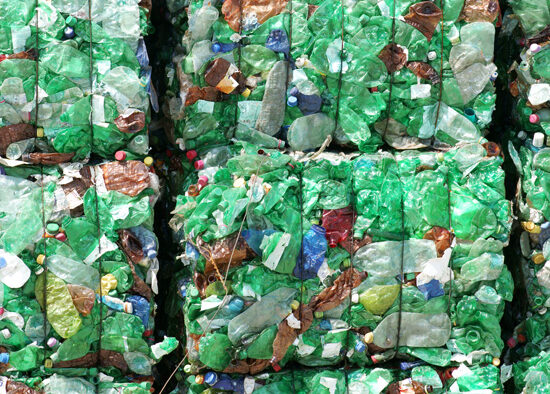While repair and reuse are essential components of a sustainable future for plastics, mechanical recycling remains the most technically accessible, economically affordable, and environmentally sustainable option for managing plastic waste. However, the mechanical recycling process is hampered by a lack of confidence in secondary raw materials, unpredictable input quality for recycling, and a lack of quality control in recycling systems. Fundamental to these deficits is the chemical complexity of waste streams. Contamination from other polymers, residual chemicals from production processes, additives, and contaminants accumulated during the product lifetime, coupled with products of thermo-mechanical and thermo-oxidative degradation all affect the quality of recyclate.
This lack of confidence necessitates a better understanding of our recycling processes. Our group addresses the challenges and opportunities of recycling, from a fundamental characterisation of degradation processes during (re)extrusion and (re)injection moulding, to new additives that do not leach from products, to developing quality control metrology tools that help sort the “good” quality recyclate from the “bad”. The influence of different sorting decisions, the effects of repeated mechanical recycling on physical and mechanical properties and the known and unknown additives all impact the value of, and trust in, recycled plastics.
A major focus for this theme is the development of a multi-modal suite of characterisation tools linked to rheological assessment of recycled feedstocks. By exploiting an analytical approach, we can track the propensity for degradation of resin feedstocks for both unknown and test resins, and marry the quality up to the right application.

Hear about the latest news, opinions and activities from the SMI Hub